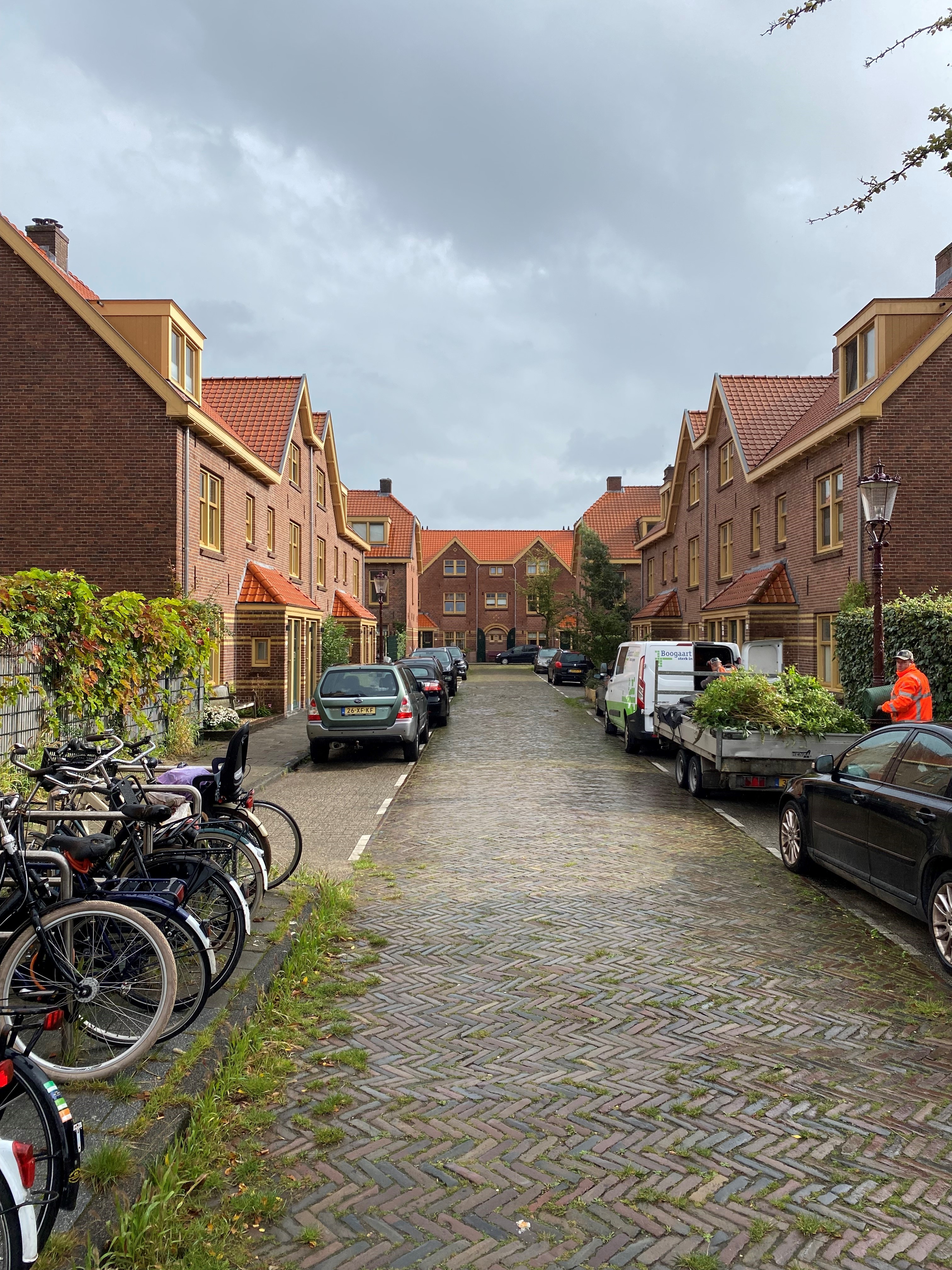Policy Brief: Delivery of services of general interest in lagging regions and areas with special needs
Bridging the Gaps: Equitable Access to Services Across Europe
Ensuring easy-to-use and affordable key services is a fundamental right under the European Pillar of Social Rights. Yet, many regions—especially those facing demographic decline, infrastructure deficits, and economic hardship—struggle with limited access to essential services like healthcare, education, and public transport.

[PREPARED] Enhanced Planning and Governance for North Sea-Rhine-Mediterranean Corridor
The TEN-T network is a key element of the EU's transport policy, enhancing sustainable mobility while promoting economic, social, and territorial cohesion. In line with the European Green Deal and the Sustainable and Smart Mobility Strategy, the TEN-T Regulation of 2013 has been revised and adopted (June 2024) to support the transition to cleaner, greener, and smarter mobility.
A tool for improving land use: RUDIFUN
What is the building density in your neighbourhood? And how does it compare to other neighbourhoods? How can territorial evidence about building densities contribute to the ambitions of No Net Land Take?
PBL Netherlands Environmental Assessment Agency has made a data set for comparing building densities nationwide and for conducting research on how building density influences various aspects of urban life, such as energy consumption, mobility, climate adaptation, and public health.

Delivery of Essential Services in lagging Regions
The ESPON DESIRE project singled out five types of services, namely: education (primary and secondary; health (primary, outpatient and preventive care); social care (childcare, elderly care); regional public transport (ensuring access to work); and retail accessibility (although this is not per se a public service) which were addressed in the case studies:

Delivery of Essential Services in lagging Regions
This report presents the conclusions and recommendations of the research project ESPON DESIRE "Delivery of Essential Services in Lagging Regions", focusing in particular on the synthesis of findings, the clarification of key concepts and the formulation of principles of good practice. The aim of this analysis is to provide actionable insights that can support policy development aimed at improving public service delivery in lagging regions, which often face unique socio-economic and geographical challenges.

[DESIRE] - Analysis on provision of public services in lagging regions and areas with special needs
In the European Union access to essential services is guided by the European Pillar of Social Rights (EPSR) where Principle 20 stipulates that everyone has the right to easy-to-use and affordable key services, including water, sanitation, energy, transport, financial services and digital communications.
Governance of New Geographies: Approaches to Ireland’s Metropolitan Area Spatial Plans (MASPs)
Under Ireland’s National Planning Framework (2018), Metropolitan Area Strategic Plans (MASPs) were prepared for the Dublin, Cork, Limerick-Shannon, Galway and Waterford Metropolitan areas as part of the relevant Regional Spatial and Economic Strategies (RSES). The MASPs are 12-year statutory strategic planning and investment frameworks which:


